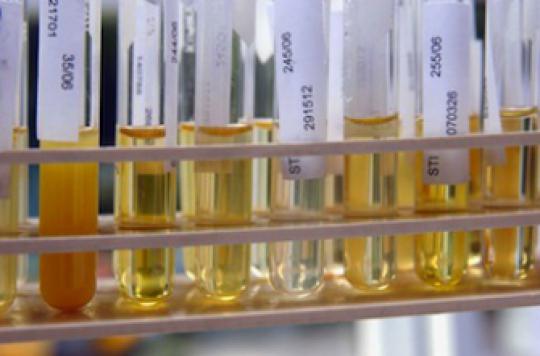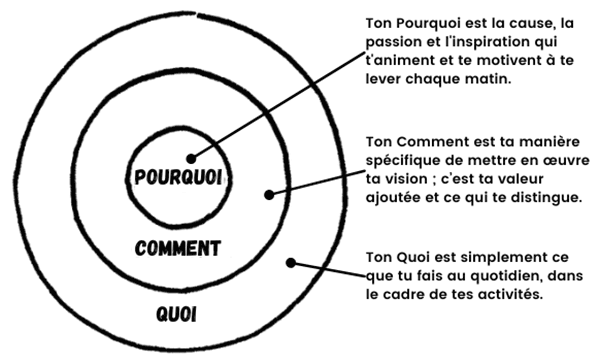A urine test, based on two biomarkers, could accelerate and improve the treatment of the most aggressive bladder cancers.

The management of bladder cancer has changed little over the past 30 years. But British researchers hope their work published Thursday in the British Journal of Cancer will be a game changer. With a simple urinalysis and the search for two proteins.
No biomarker in clinical practice
Many studies have reported results on biomarkers (DNA or proteins) that could provide a prognosis for bladder cancer. But none are currently used in clinical practice.
Dr Douglas Ward, University of Birmingham, and his colleagues used state-of-the-art proteomics to identify an interesting protein, EGFR. They then looked for it in the urine of 436 bladder cancer patients and 60 non-cancer control subjects. As a result, the level of this protein is high in some patients with advanced (high grade) cancer. And the fact of finding them practically triples the risk of poor survival.
Association with a second protein
The researchers combined these results with the analysis in patients’ urine of another protein, EpCAM. The search for the two proteins “may represent a simple and useful approach to speed up the diagnosis and treatment of patients with the most aggressive bladder cancers,” the researchers conclude.
Bladder cancer occupies fifth place in France in terms of incidence with nearly 12,000 new cases in 2012 and seventh place for deaths from all cancers combined. The main risk factors are smoking and occupational exposure to chemical carcinogens. Men are more affected than women: four men for one woman.
.

















